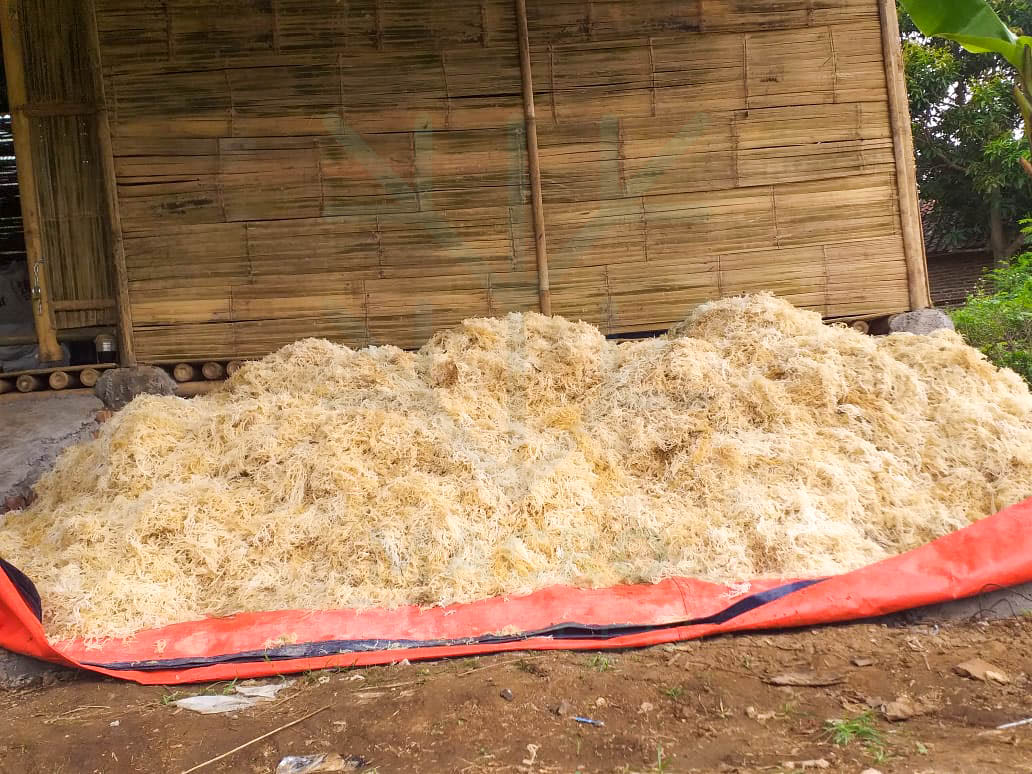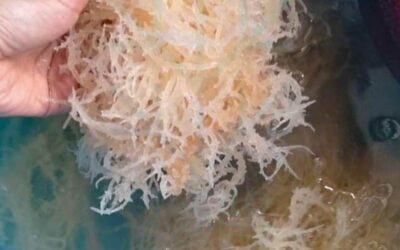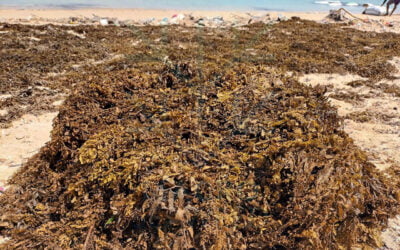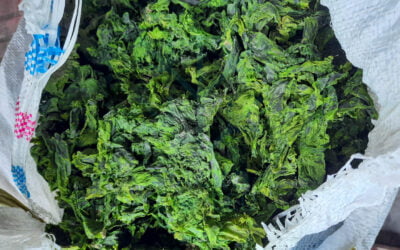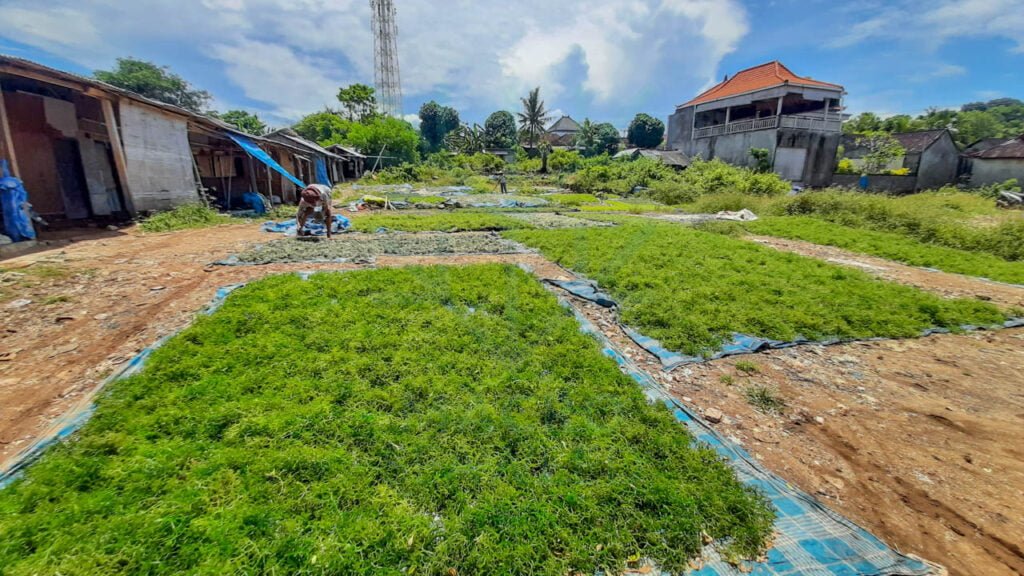Indonesia, known for its stunning beaches and rich marine biodiversity, is also home to a remarkable marine plant known as Spinosum Seaweed. This nutrient-packed aquatic plant, scientifically referred to as Caulerpa racemosa var. spinosum, has gained significant attention due to its myriad health benefits and versatile applications. In this article, we’ll delve into the world of Spinosum Seaweed, exploring its nutritional value, cultural significance, cultivation methods, and its role in various industries.
Table of Contents
The Marvel of Spinosum Seaweed
Unveiling the Nutritional Treasure
Spinosum Seaweed stands out as a nutritional powerhouse, offering a wide array of vitamins, minerals, and antioxidants. Rich in vitamins A, C, and E, as well as essential minerals like calcium, magnesium, and potassium, this seaweed is a potent natural supplement. It’s also a source of omega-3 fatty acids, which are crucial for heart health and brain function.
Traditional Wisdom and Culinary Delights
For centuries, Spinosum Seaweed has been an integral part of Indonesian culinary traditions. From salads to soups, its unique texture and mild, slightly salty flavor add depth to dishes. Indonesian coastal communities have revered this seaweed not only for its taste but also for its health-promoting properties.
Cultivation Methods and Sustainability
Nurturing Spinosum Seaweed
Cultivating Spinosum Seaweed requires a delicate balance of environmental factors. The warm Indonesian waters provide an ideal habitat for its growth. Local farmers have perfected cultivation techniques, cultivating the seaweed in controlled underwater farms. This sustainable approach ensures a consistent supply without harming the marine ecosystem.
Environmental Impact and Conservation
While the cultivation of Spinosum Seaweed offers economic opportunities, it’s essential to address potential environmental impacts. Proper management practices, such as avoiding overharvesting and protecting natural habitats, are crucial for maintaining the delicate balance of marine ecosystems. Many communities have embraced conservation efforts to ensure the longevity of this valuable resource.
Spinosum Seaweed Across Industries
Health and Wellness
The nutritional richness of Spinosum Seaweed has caught the attention of the health and wellness industry. Supplements and products containing seaweed extracts are gaining popularity due to their potential benefits, ranging from immune support to skin health. The natural antioxidants in the seaweed contribute to its anti-inflammatory properties.
Cosmetics and Skincare
Spinosum Seaweed’s benefits extend beyond dietary consumption. Its extracts are now a sought-after ingredient in the cosmetics and skincare industry. With its hydrating, soothing, and rejuvenating properties, it’s becoming a staple in serums, creams, and masks.
Conclusion
In the vibrant tapestry of Indonesia’s marine ecosystem, Spinosum Seaweed stands as a shining example of nature’s bounty. From its nutritional richness to its cultural significance and diverse applications, this seaweed continues to captivate individuals across industries. As we navigate a world that values both health and sustainability, the story of Spinosum Seaweed serves as an inspiration—a reminder that nature’s gifts can flourish while benefiting both humanity and the environment.
FAQ
What is Spinosum Seaweed?
Spinosum Seaweed, scientifically known as Caulerpa racemosa var. spinosum, is a marine plant found in Indonesian waters, prized for its nutritional value and versatile applications.
What nutrients does Spinosum Seaweed contain?
Spinosum Seaweed is rich in vitamins A, C, and E, essential minerals like calcium and magnesium, omega-3 fatty acids, and antioxidants.
How is Spinosum Seaweed cultivated?
Local farmers cultivate Spinosum Seaweed in controlled underwater farms in warm Indonesian waters, ensuring a sustainable supply without harming the marine ecosystem.
What industries use Spinosum Seaweed?
Spinosum Seaweed is utilized in the health and wellness industry for supplements and in the cosmetics industry for its hydrating and rejuvenating properties.
What is the cultural significance of Spinosum Seaweed in Indonesia?
Spinosum Seaweed has been a part of Indonesian culinary traditions for centuries, celebrated for its flavor and health benefits.

